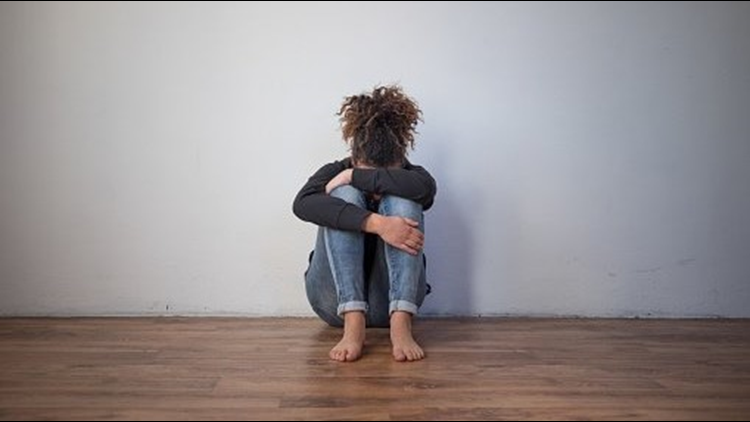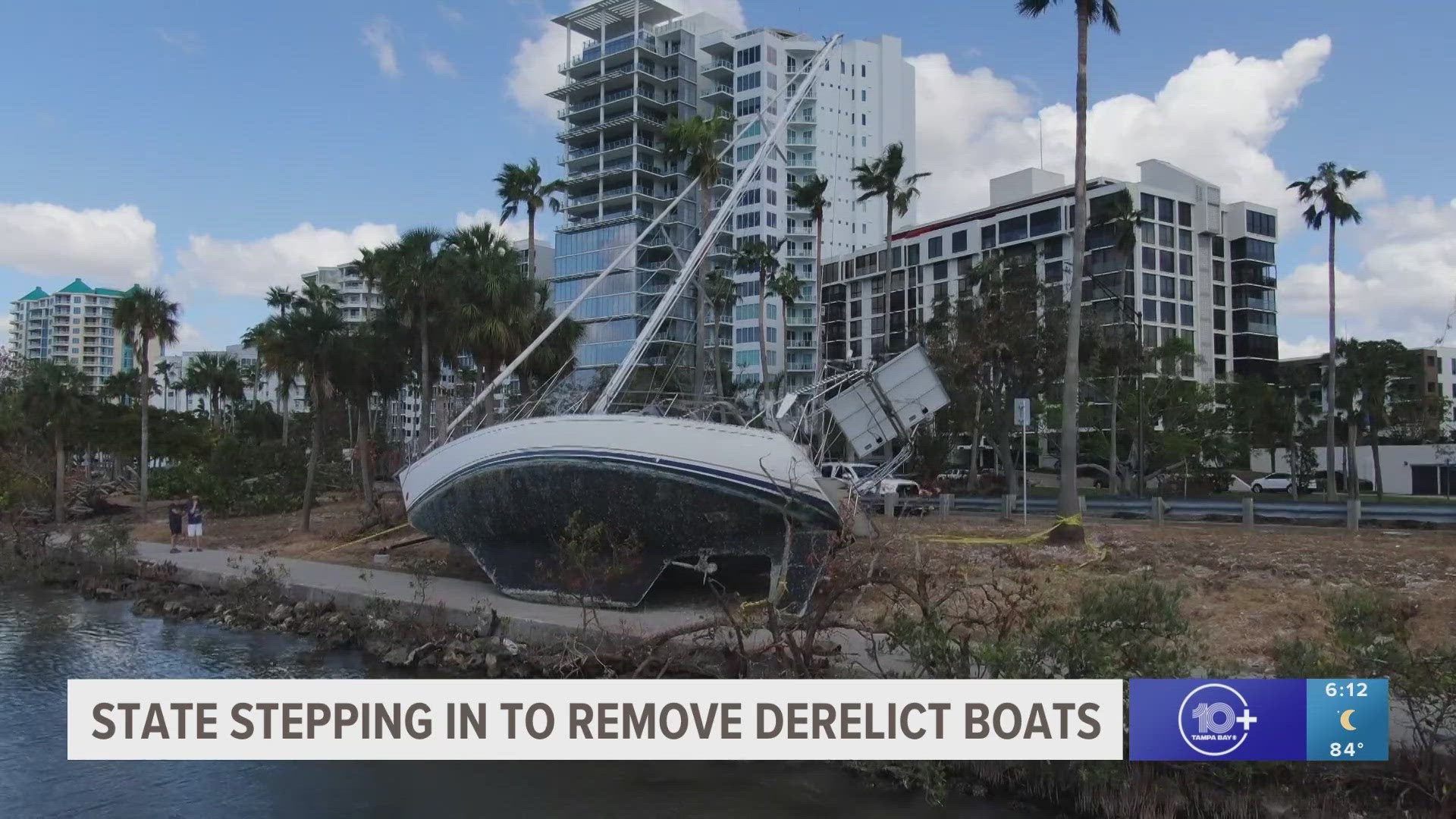TAMPA BAY -- Sexual assault and abuse seem to be at the forefront of news across the world frequently in the past year.
While it seems to have been going on for years behind closed doors, it appears that people are confronting the issue more openly with movements like #MeToo.
In light of recent revelations of abuse in the Catholic Church, Florida Attorney General Pam Bondi started a new website for victims and survivors to submit tips to report past allegations of child sex abuse as part of an ongoing investigation.
RELATED: October is Domestic Violence Awareness Month: Here are some signs, resources for abuse victims
We spoke to Kathleen Kempke, a spokesperson with the Crisis Center of Tampa, and she discussed the best resources available, as well as how to report a sexual assault or abuse.
"The issue in the case of many sexual assaults is victims not having a place to turn to report it or people not believing them," Kempke said. "I think the most important thing to do is to say, 'I believe you and I want to help you.' Because we know sexual assault victims are not always believed."
As friends and family, we want to show them we believe, Kempke added. It is law enforcement's role to investigate, but it is our role as a family member or as a friend to support them and help them through the process.
"We are not here to determine fault or blame, so we want to be as supportive and understanding as we possibly can," Kempke said. "If you're not able to do that, then you need to bring in somebody who can. They need to be heard and supported and believed."
Things to be aware of when reporting a sexual abuse or assault:
For victims under the age of 18:
If you hear of a victim under 18, call the police and report it to the Florida Department of Children and Families.
If you believe a child is a victim of sexual abuse in the Catholic Church, you can report it here.
"It's hard to have that kind of information, so calling the rape crisis hotline to take it through, talking to an advocate or counselor can help," Kempke said. "A child will tell an average of seven people before they're believed. It's important to say, 'I believe you.' The decision is made for adults that they have to report child abuse, but I think it's important to know how to deal with that as well."
Other things to be mindful of:
The victim makes the decision to report and can decide to press charges unless he or she is under 18 years of age. The victim can go to a crisis center for up to 120 hours after the incident.
There are over 30 crisis centers in the state. To reach a local crisis center, call 2-1-1. The center can help the victim find the support and resources they need.
"In our case, we will have them come in for a medical forensic exam and have them meet with an advocate, get medical help, and get the resources they need," Kempke said.
The crisis center will hold onto evidence for up to one year. This allows the victim to make a decision of what they would like to do next, Kempke says.
She also says it's not at all unusual for the victim to deny help at first.
"They'll say things like, 'I've seen so many things on TV, I know I'm going to be blamed because I was drinking or I was at a party, and it was my fault,'" Kempke said.
She said that many times after meeting with an advocate or nurse, they will change their mind, as they become more confident that the advocate will be there for them. The advocate will be there to contact law enforcement if they decide to pursue charges.
"Making sure the victims know they have options is important," Kempke said.
Law enforcement can go to the center and meet the victim there with the advocate and can take a statement.
Kempke urges the victim to get the medical exam after the sexual abuse or assault. The exam is free and the center can connect the victim to resources, get an injunction if necessary, and can give emotional support. Talking to someone can give them the courage to talk it through with someone and decide what to do next.
"Sometimes telling people that you trust that you were assaulted can be difficult," Kempke said. "Advocates at the crisis center have the courage and the connectedness to move forward with the medical forensic exam and provide the necessary resources. We can't force people into getting help, but we can support them."
Kempke also says for the victim to remember it's not their fault.
"We've all been raised in the culture where we blame victims," Kempke added. "Sometimes it comes from a good place, our child comes home and we are quick to ask where were you, what were you doing, instead of saying, 'I'm so glad you told me, what do you want to do next?' We've all been socialized that way, we need to switch that and believe her or him."
It is also important to remember that the victim sometimes feels like every control has been taken away from them and that everything advocates can offer is consent-based.
"They consent to the exam, they consent to the advocate, the resources, we give the victim an opportunity to take that control back again because that control was taken away when they were assaulted," Kempke said.
The crisis center is also available to provide resources for past victims as well. She also says it's not unusual for someone to be triggered back to an incident that happened 10 to 15 years ago. They might have trouble sleeping suddenly or might be having trouble with a current relationship.
A family member or friend may also report an abuse or assault.
"When a family or a friend calls, we're going to focus on them," Kempke said. "We're going to give them what they need to support the victim."
List of services available:
To find a local crisis center - Dial 2-1-1, or click here.
The biggest takeaway she hopes you get for dealing with sexual assault and abuse:
"Start by believing - that's what we're asking for victims of an assault or abuse," Kempke said. "All systems of support, that's what I want for victims, to have a place where they're believed."
►Make it easy to keep up-to-date with more stories like this. Download the 10 News app now.
Have a news tip? Email tips@wtsp.com, visit our Facebook page or Twitter feed.



